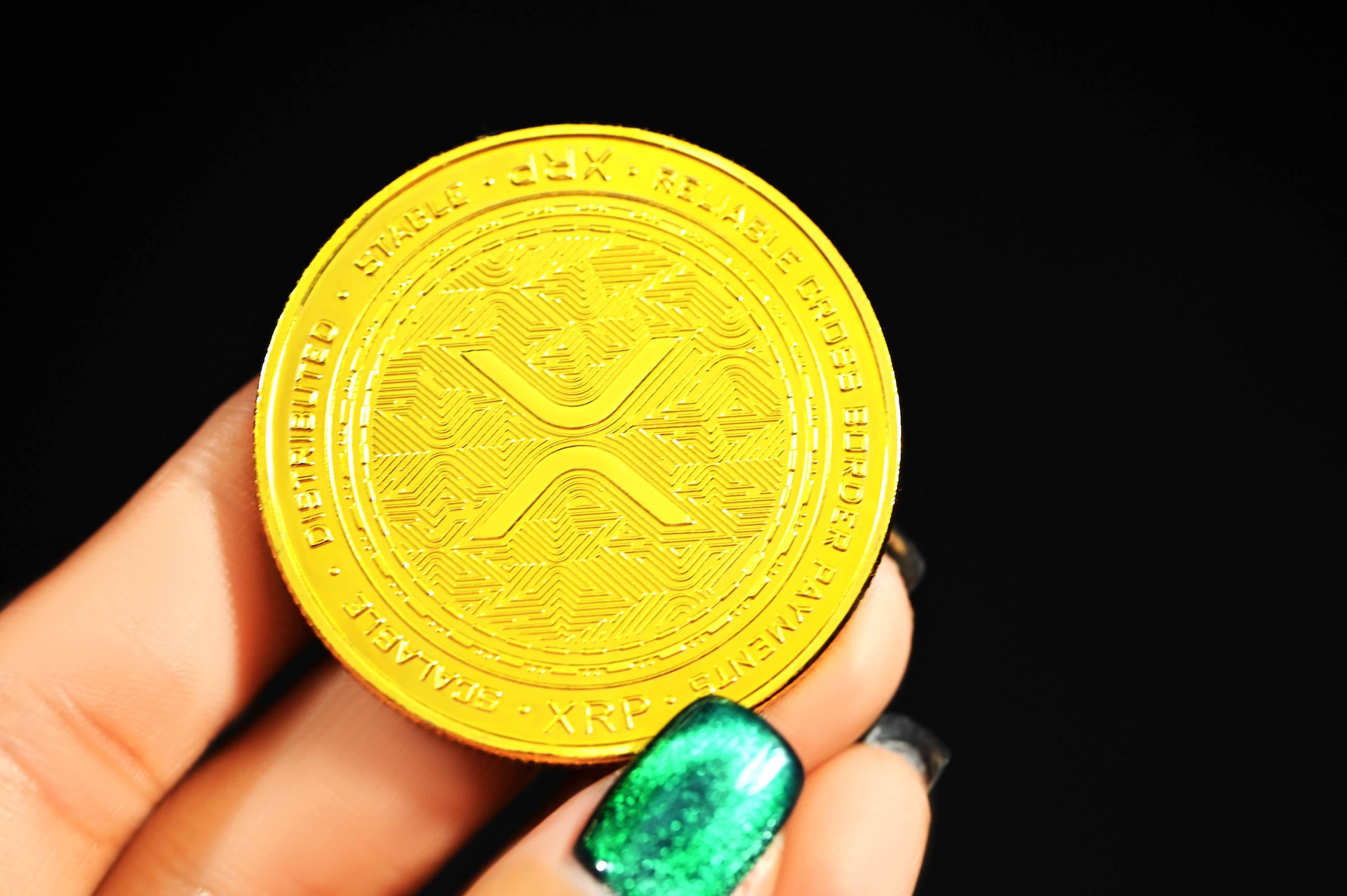In its response, Ripple claimed that the success of XRP was due to “market forces of supply and demand” rather than an agreement between the company and its token holders.
In an effort to determine if Ripple’s XRP sales violated U.S. securities laws, the SEC and Ripple Labs have both requested a swift judgement from a federal court.
In cases when one side thinks the other side hasn’t gathered enough evidence to warrant a trial, that side may seek a summary judgement from the court.
On Saturday, Ripple CEO Brad Garlinghouse said on Twitter that the SEC “isn’t interested in implementing the law” in light of the recent filings.
They want to change everything in an illegal attempt to increase their power well beyond what Congress has given them, he claimed.
Ripple said in its summary judgement filing that the SEC’s argument “boils down to an unlawfully open-ended assumption of authority over any transfer of an asset.”
The petition also contended that the SEC cannot prove that XRP tokenholders cannot “reasonably anticipate benefits” from Ripple’s efforts since there is no contract between them.
However, the SEC contended in its own petition for summary judgement that an “investment contract” might exist even in the absence of a contract, the transfer of any rights to the purchaser, and the imposition of any responsibilities on the issuer.
Also Read: Bitcoin To Hit Multi-Year Low After Interest Rate Hike
Disclaimer: The information provided in this article is for informational purposes only and should not be construed as financial or investment advice. Cryptocurrency investments are subject to market risks, and individuals should seek professional advice before making any investment decisions.


Comments are closed.